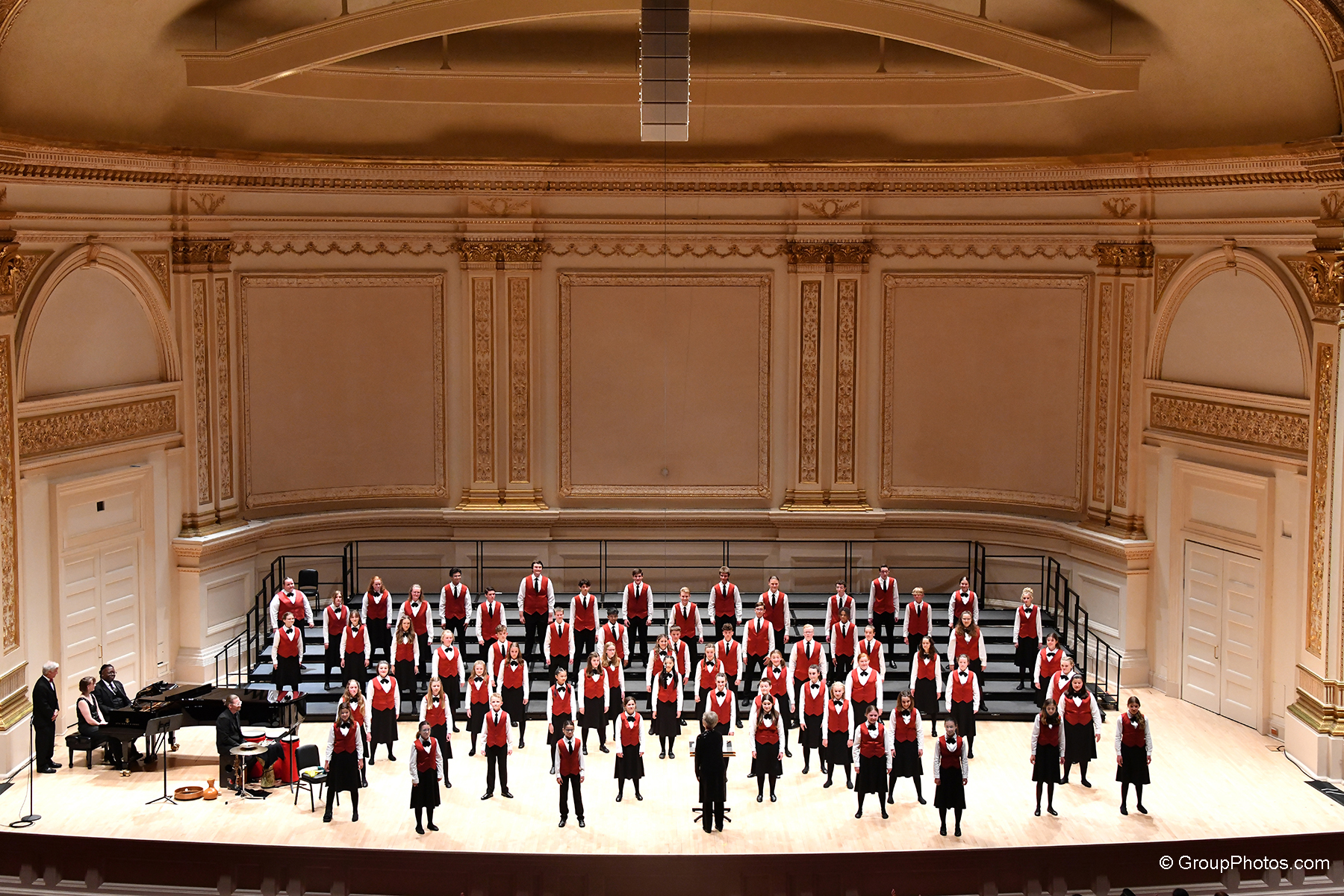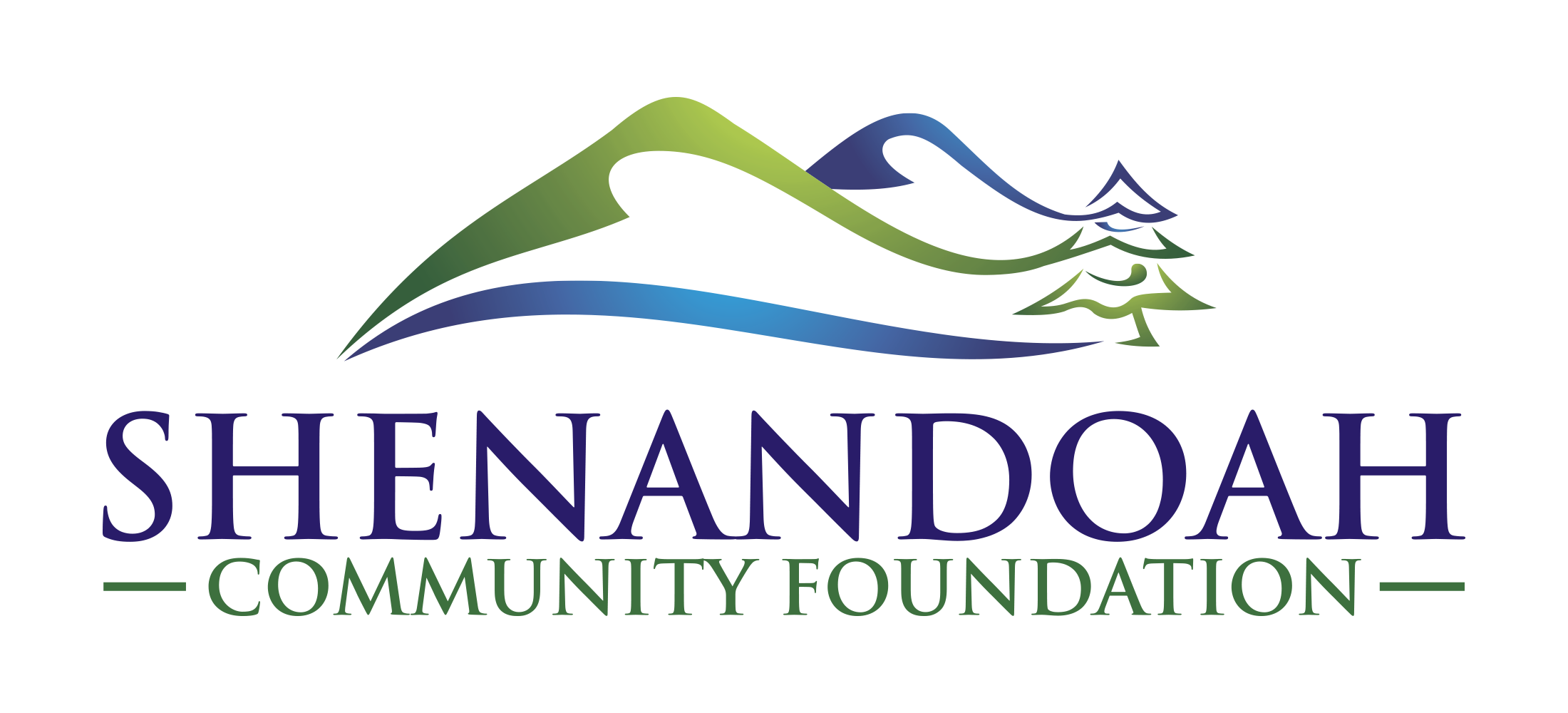About Us

Funds
- To provide a permanent source of income for your designated charitable purposes in the community
- To leave a permanent legacy by naming the fund for your family, a loved one, a mentor, a teacher, or a hero
- To provide a source of income for future needs of your chosen beneficiaries long after your own lifetime
- To maximize the tax advantages of making a charitable gift
Start by contacting a member of our staff or board. We can talk you through the process including developing a fund agreement that outlines how the fund will operate. See “Start a Fund” for more details.
$5,000 is the minimum balance to establish a fund. Contributions to an already-established fund may be made by anyone in any amount, so like-minded people can work together to reach this goal.
Yes. We can work with you and your estate planning professional for maximum tax advantage by making your fund the beneficiary of:
- A Charitable Lead Trust
- A Charitable Remainder Trust
- A bequest through your will
- An annuity or other insurance policy
- An IRA
No, not at all. Consider these additional options:
- You may give any amount of money at any time to an existing fund to help it achieve its charitable purpose.
- You may give an unrestricted gift of any amount at any time to support the work of the Foundation in the community. This may be used for any purpose, including administrative overhead, grant-making, educational events, etc.
- You may give a gift of any amount at any time to our Unrestricted Grants Fund or our Founders Fund. Grants from these funds are used to meet community needs identified by the Foundation Board.
- You can help by informing us of charitable needs in the Shenandoah County area.
- You can volunteer to help in your area of interest or with administrative tasks. We welcome ambassadors for the Foundation.
Talk to us about your charitable dreams. You may not feel you have a great deal to give, but we can often help you accomplish those dreams by finding others who share them.
Giving
It depends on the nature of your gift. With a simple note of explanation accompanying your donation, it may be applied to any of our other existing funds.
When you establish a named fund, there is a great deal of flexibility in how your gift may be used. We will work with you to understand your desired goals and legacy.
You may contribute any amount to any existing fund at any time. There may already be a fund that serves a charity or area of need that you want to support.
Visit “Start a Fund” [link to page] for more information.
The Community Foundation is a 501(c)(3) organization and, depending on your tax situation, gifts of cash and securities may be tax deductible, and we advise that you contact your tax consultant.
Other
Shenandoah Community Foundation serves primarily Shenandoah County, but donors who have set up designated or donor-advised funds may recommend that grants from their fund be made to qualified regional or national charitable interests.
No, we also partner with businesses and organizations. There are compelling reasons why both for-profit businesses and nonprofit organizations should consider establishing a fund in their organization’s name. In both cases their name would be promoted through the Foundation literature, website, and annual report, increasing their visibility and reputation for good works.
Visit the Start a Fund page or contact us at 540.465.1444 to discuss options.
No, but there are significant advantages to letting us know:
- It allows us to have a conversation with you about your intent and wishes for your gift in the future. Often, we draw up a fund agreement for a fund that will not be activated or funded until after your death, but you will have the peace of mind of knowing that your wishes will be carried out.
- It provides you, your legal advisor, and the Foundation with the chance to set things up in accordance with all laws and regulations to most effectively ensure that your wishes are carried out.
- It provides further documentation of your wishes in the event anyone should contest your will.
- It helps us with our own planning so we can more quickly and effectively implement your gift when we receive it.
If you have more questions about the Shenandoah Community Foundation, please call our office at 540.465.1444.
